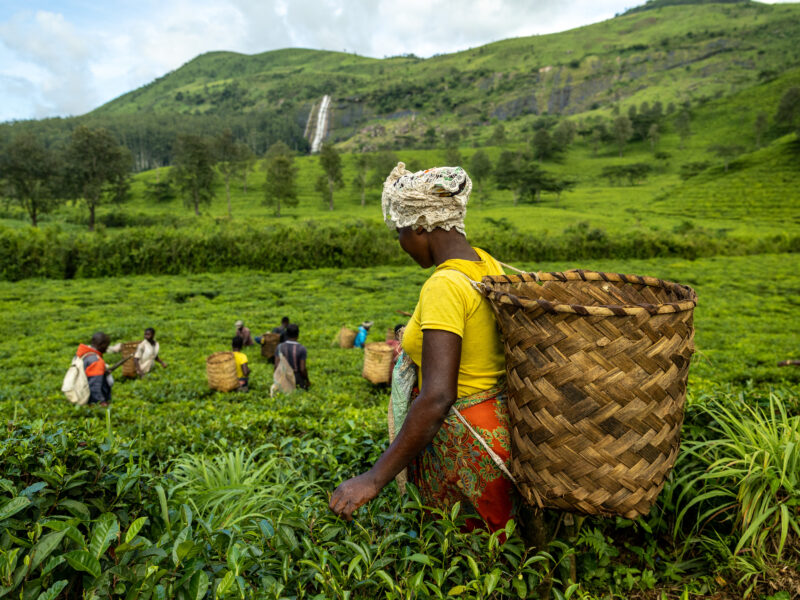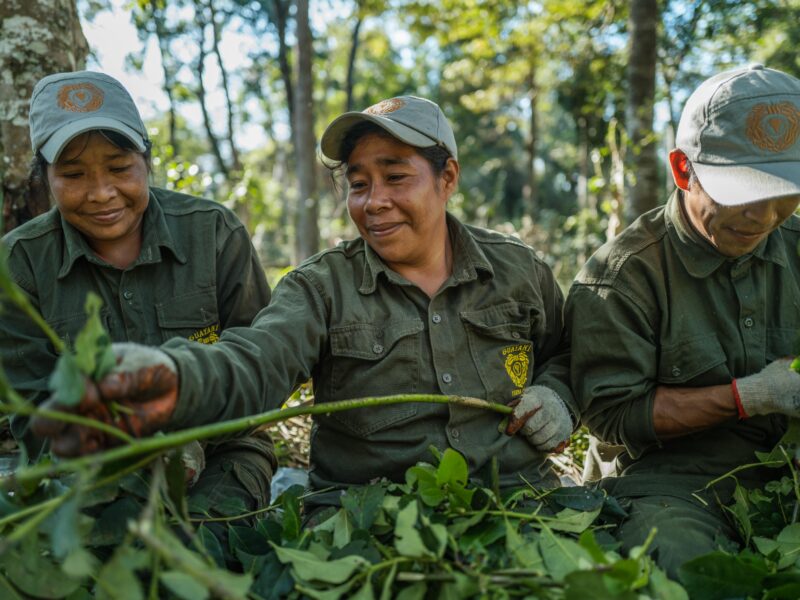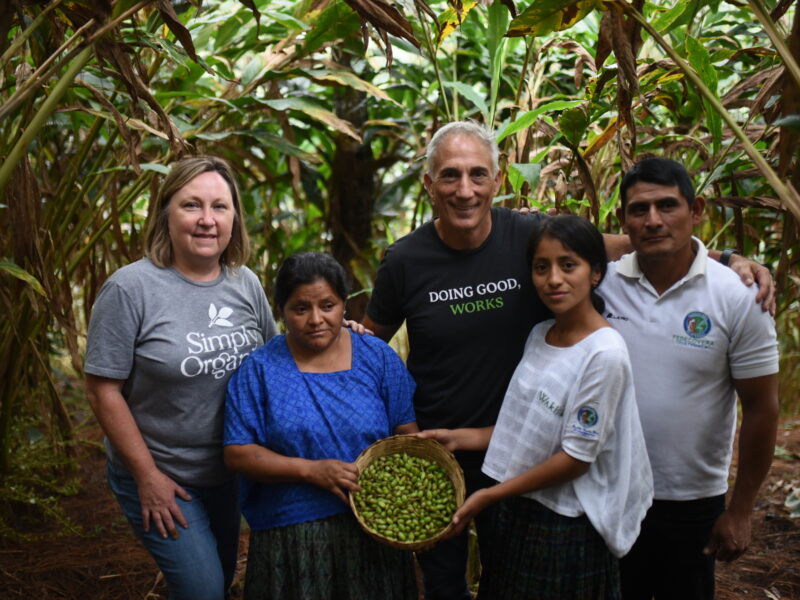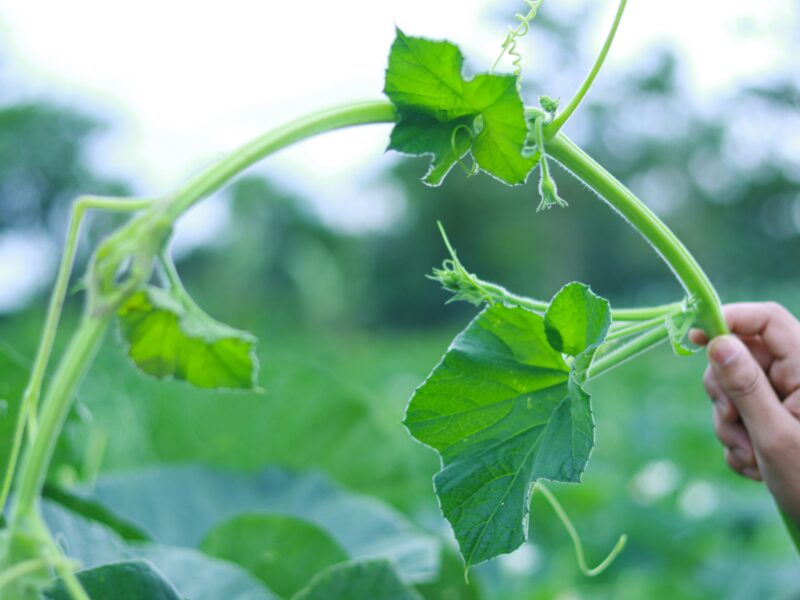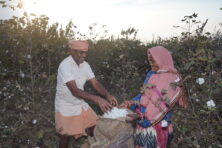 April is Earth Month — the perfect time to highlight how our organic brand partners are making a difference for the planet! Join us as we kick things off with an exclusive Earth Month interview featuring the sustainable, planet-loving team at Terra Thread.
April is Earth Month — the perfect time to highlight how our organic brand partners are making a difference for the planet! Join us as we kick things off with an exclusive Earth Month interview featuring the sustainable, planet-loving team at Terra Thread.
Why is it important for your brand to celebrate Earth Month and how are you celebrating throughout the month?
We celebrate Earth Day every day at Terra Thread and Gallant. The Earth sustains us daily, and Earth Month is a great time to reflect on all that she provides: from beautiful vistas for us to see and enjoy, to the fresh air we breathe, to the abundant food we eat, and even the cotton bags that carry us through the day. Throughout Earth Month and beyond, we make decisions that help us have a long-lasting positive impact on the planet- from choosing organic cotton to working directly with farmers to minimizing our packaging down to just the essentials, and most of all, aiming to be plastic-free.
What does your brand do to help create a healthier environment and to treat the planet more respectfully every day?
We support the farmers who grow organic cotton that is used to make our products. Weather patterns are changing everywhere, seed banks are being depleted, and farmers face daily challenges. They need our help now more than ever. That’s why we work directly with farmers, providing non-GMO cotton seeds and intercropping seeds, as well as covering the costs of tools, training, and certification. Lending a hand to farmers goes a long way- after all, they’re the ones truly looking after the Earth.
Why is it important for your brand to be organic?
Organic is better for the soil. We’ve seen over time that conventional farming can diminish nutrients in the soil and contaminate waterways with chemicals. Most farmers we meet want to invest in their soil. They want it to be stronger, more resilient, and nutrient-rich for future harvests. If we keep blasting it with chemicals and letting it erode either in dust storms or heavy rainfall, we will not have that rich healthy soil anymore. We’ll have dirt. And there’s a difference. Crops don’t grow well in dirt. Crops need the diversity to thrive. So that’s why as a brand, we’ve decided to invest in organic. We know that sometimes it’s not the easiest path. But we believe it’s healthier for the planet, but also the farmers who work the farm daily, and the consumers who’ll be eating or wearing the crops they produce.
What does organic do to make the planet healthier?
Conventional farming allows spraying with numerous chemicals that soak into the plant and the surrounding soil, which is then ingested by the farmers. When pesticides are sprayed, toxic runoff takes place, which causes toxic chemicals to seep into our drinking water supply, rivers, lakes, and other sensitive ecosystems. Long-term exposure to these chemicals can be detrimental to people’s health and can have major impacts on their lives and well-being. Whereas organic farming does not allow the use of toxic chemicals or GMOs (genetically modified organisms). Instead, it combines tradition, innovation, and science to benefit the shared environment and promote a good quality of life for all involved. That’s why choosing organic is better for the people and the planet.
How can consumers celebrate Earth Month?
Taking big steps to celebrate Earth Month can be challenging so we encourage consumers to take small steps. The most sustainable item is the one you already own, so try to use (and reuse) the things you already own, whether that is a pair of jeans that need a little love with mending or an old favorite t-shirt that you can’t let go of that can be used as a cleaning rag. Small actions like turning off the tap, replacing old light bulbs with energy-efficient ones, going meat-free once a week, choosing organic at the grocery store, and using natural fiber for clothing goes a long way. The last one is a real passion of ours because the fewer plastic-based items we introduce into our lives, the less waste we’ll have at the end of the day. Natural fibers ultimately break down; plastic ones — such as polyester, nylon, acrylic, — unfortunately do not.
Learn more about Terra Thread Online:



